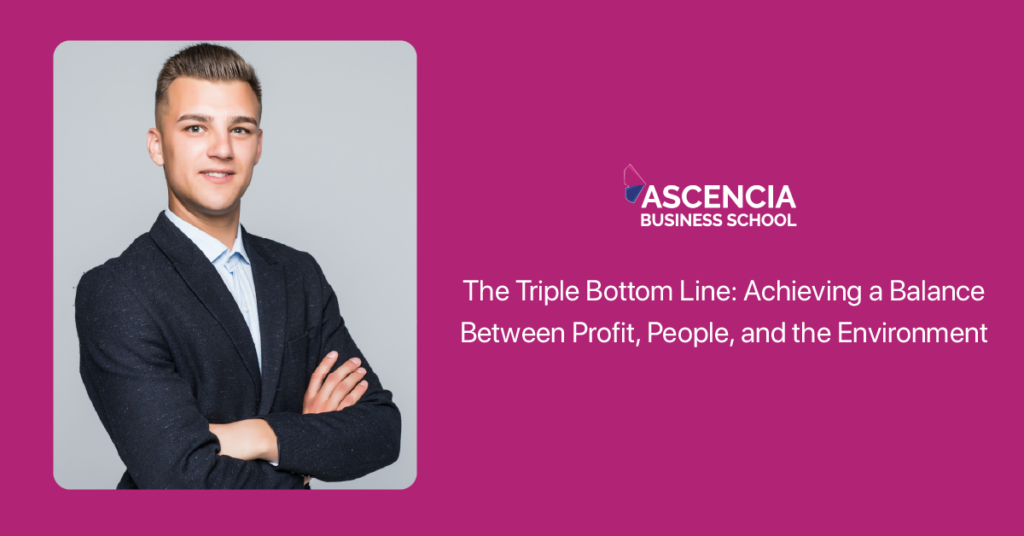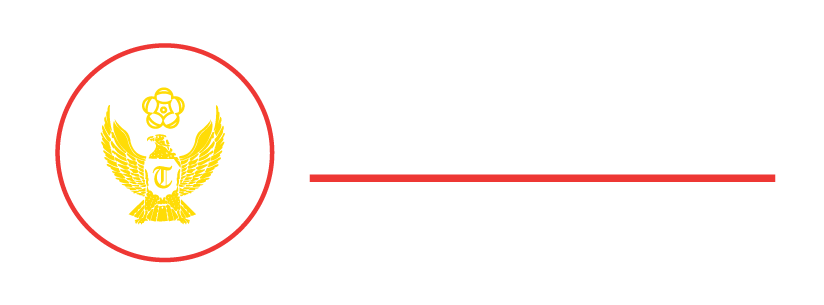Traditional business metrics are transformed by the Triple Bottom Line (TBL) concept, which prioritizes a fair assessment of success. TBL advocates for an inclusive framework that equally considers social and environmental impacts, rather than solely concentrating on financial profit. Businesses are motivated to implement sustainable practices that not only stimulate economic expansion but also have a beneficial impact on society and the environment from this comprehensive viewpoint. Companies can cultivate a more sustainable future and attain long-term resilience by incorporating profit, people, and the environment into their core strategies.
A dedication to environmental stewardship, corporate social responsibility, and ethical practices is necessary for the successful implementation of the Triple Bottom Line. Beginning with an assessment of their operational impact on local communities, businesses can improve labor conditions and reduce their ecological footprint by implementing energy efficiency and waste reduction measures. Transparent reporting on these initiatives can foster trust among stakeholders and result in enhanced brand loyalty and market differentiation. Ultimately, the Triple Bottom Line is not merely a philosophy; it is a practical approach that ensures the success of businesses is in harmony with the well-being of society and the environment, thereby establishing a mutually beneficial situation.




